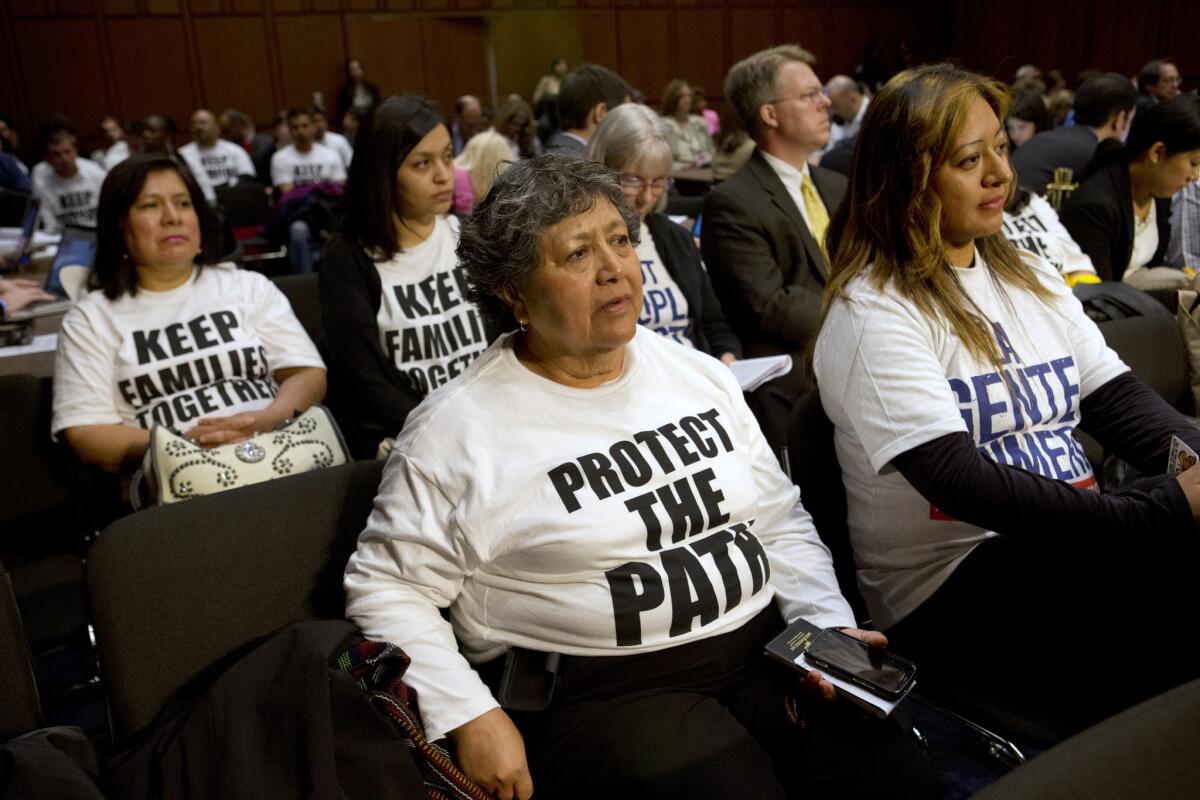Vicente Fox to Congress: Rethink that wall

Throughout 2001, President George W. Bush and I spent time negotiating an important bilateral agreement on immigration policies and programs. We optimistically pieced together an innovative framework, and were close to reaching our goals, when the terrorist attacks on Sept. 11 derailed our plans.
Now, in 2013, and in remarkably similar circumstances, President Obama and a bipartisan group of congressional leaders are again working courageously on immigration issues.
I join the millions of voices echoing around the world in expressing my outrage and sorrow about the events in Boston this month. And I also applaud leaders of the United States for not allowing these appalling events to disrupt their progress on immigration reform for a second time.
SLIDE SHOW: Five most important immigration reform issues
The White House has strongly condemned the attacks, but at the same time it has insisted that what occurred in Boston should not stop the legislative debate on immigration reform. That sentiment was echoed in the halls of Congress by bipartisan leaders who said immigration policies would serve to bolster U.S. security.
Obama’s visit to Mexico this week comes at an important moment for the United States and Mexico. The relationship between the two countries has never been more crucial, and our shared border means we must act together to solve mutual problems and strengthen beneficial ties. Immigration reform is a piece of that process, and Obama, the U.S. Senate and the House of Representatives have made it clear that they understand the need for massive reforms, which would include a permanent path to citizenship for millions of Latinos now living in the United States.
It should not be forgotten, however, that migration is a two-way street. In the United States there are many Mexican immigrants, and in Mexico there are many Americans who call our country home. That is the true meaning of migration: respect, freedom, opportunity for a better life. That’s what all humans want. We need to build bridges that foster migration, not walls at the border.
I believe in open borders, orderly migration and respect for people. I believe in policies that support immigration and build sensible pathways to citizenship.
This week, mine will be one of many voices at the USC Schwarzenegger Institute immigration forum. It is imperative for the people of Mexico and its government to have a voice in this debate. We won’t all agree, but bilateral input is critical in creating the most effective immigration policy.
That former Gov. Arnold Schwarzenegger is himself an immigrant, and that USC educates more international students than any other private university in the United States, serve as important reminders that we live in a global economy and that comprehensive immigration reform is imperative.
Mexico and other nations consider U.S. immigration reform important because we know our citizens will continue to migrate in search of job opportunities and a better quality of life, with freedom and respect for human rights.
Some scholars have concluded that immigrants cost more than they contribute to the U.S. economy, and that they take valuable jobs from American citizens. But a large body of research has shown that immigrants actually contribute to economic development in the countries where they work, providing critical skill sets and services.
Migration is an advantage in a global economy; the United States should value the contributions of Latin American immigrants as a new chapter in the great American story.
Mexican immigrants are often heroic. They take big risks in hopes of creating better lives for themselves and their families. They are immensely hardworking and ambitious, traits valued in the United States.
In the wake of the 2012 elections, the U.S. has come to understand the significance of Latino immigrants, both in terms of their growing presence as a demographic and their contributions to the U.S. economy. This shift in understanding has led to a renewed push for a path to citizenship.
America is in a position to change history. It should not let this important moment slip away a second time.
Vicente Fox was president of Mexico from 2000 through 2006.
More to Read
A cure for the common opinion
Get thought-provoking perspectives with our weekly newsletter.
You may occasionally receive promotional content from the Los Angeles Times.










